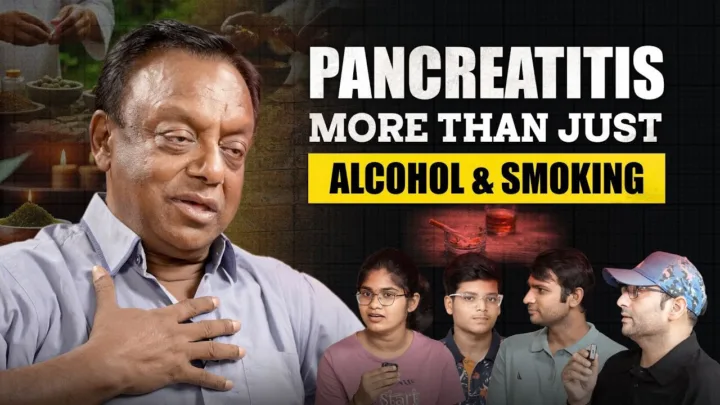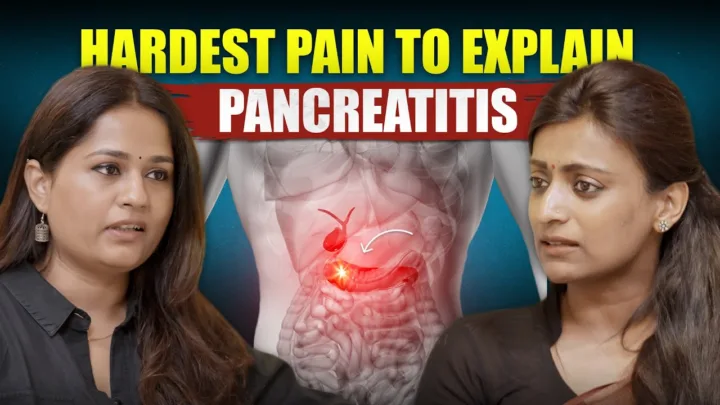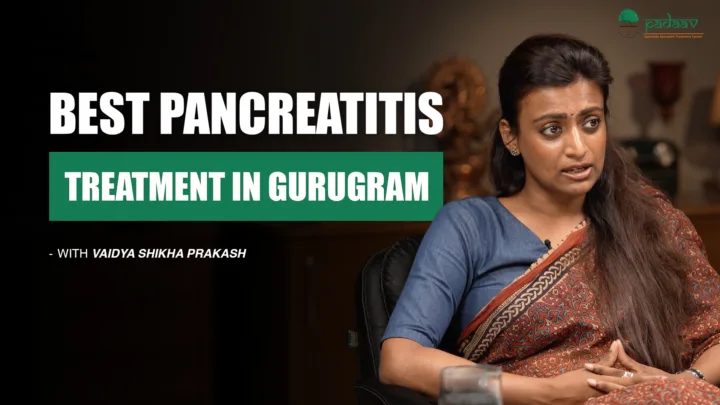Vaidya Shikha Prakash, CEO of Padaav Ayurveda with over 15 years of experience, discusses how the hospital’s approach moves beyond conventional “sick care” to truly empower patients with the tools for lifelong health. In a recent conversation with Devangi, she delves into the foundational role of diet and lifestyle, revealing how principles from ancient Ayurveda are applied in a modern clinical setting to deliver profound and lasting results.
The Pillar of Health: The Role of Sleep and Dinacharya
While nutrition often takes the spotlight, Vaidya Shikha Prakash emphasizes that the journey to health begins with a good night’s sleep. According to Ayurvedic principles, sleep is considered a key pillar of well-being, directly impacting the body’s ability to function optimally.
“The first step in a patient’s history is not ‘when did you wake up?’ but ‘when did you go to sleep?’” Vaidya Shikha Prakash explains. “How you sleep the night before will directly reflect your next day—how energetic you feel, your appetite, and even if you experience symptoms like constipation or acidity.”
The concept of a structured daily routine, known as Dinacharya, is central to this philosophy. In modern terms, this aligns with the science of the circadian rhythm. By maintaining a consistent sleep and wake cycle, the body’s hormones and digestive enzymes are produced at the right times, ensuring a harmonious balance. For patients at Padaav, this means adhering to a strict schedule, with an ideal gap of 2.5 to 3 hours between dinner and bedtime, allowing for proper digestion before rest.
The Science of the Thali: Food as Medicine
Patients often express a sense of wonder at the meticulously designed plates (thalis) served at the hospital, which they feel work as a powerful form of medicine. Vaidya Shikha Prakash reveals the profound science behind this. The thali is a concept that aligns with three core Ayurvedic principles of food:
- Rasa (Taste): The six tastes; sweet, sour, salty, pungent, bitter, and astringent are all integrated into the diet. Ayurveda suggests that each season has specific dietary needs, and the curating of these tastes helps the body’s digestive juices function accordingly.
- Matra (Quantity): Food is always portion-controlled. At Padaav, every serving is weighed out to match the patient’s specific needs, considering their age, weight, and current condition.
- Guna (Quality): The quality of the food is paramount. The majority of the ingredients, including dairy, are sourced from Padaav’s own farms and gaushala (cow shelter), ensuring they are grown and raised without the use of antibiotics, chemicals, or hormones.
The visual appeal of the thali also plays a crucial role. Vaidya Shikha Prakash notes that the sight of a beautiful, wholesome meal triggers the production of saliva and digestive enzymes, preparing the body for assimilation.
A prime example is Chenna (fresh, soft paneer), a staple breakfast item at Padaav. Patients receive a specific portion of this daily. Rich in protein and amino acids like leucine, Chenna is a slow-digesting protein that provides sustained energy throughout the day. It is often prepared with subtle flavors either savory with a hint of salt and pepper or sweet with a touch of cardamom and rose water to suit the patient’s preference.
From Fear to Awareness: Patient Education and the Mind-Body Connection
For many patients, particularly those with inflammatory disorders like Pancreatitis, food has become a source of fear. They worry that certain foods will trigger an attack. Vaidya Shikha Prakash emphasizes the importance of changing this mindset and building self-awareness.
“Patients often come to us with a lot of misinformation from the internet or other sources,” she explains. “We have to break those barriers and educate them. We teach them that a little bit of food and habit control can have a huge impact.”
The hospital’s treatment is a continuous process of education, with patients meeting a doctor at least 42 times during their 21-day stay. This regular interaction helps them understand how their body is responding to the treatment and fosters a sense of self-awareness about their symptoms.
Vaidya Shikha Prakash recounts a case of a young child whose mother was hesitant to give her dairy due to a long-held fear. By confidently and slowly reintroducing small portions of ghee and chenna, the team was able to help the child regain her health and put an end to her mother’s fears.
This journey is not just about diet, but about the mind-body connection. The importance of a peaceful mind (Manas) is a concept deeply rooted in Ayurveda and is prioritized at Padaav. True health, Vaidya Shikha Prakash suggests, is not just about physical fitness but also about mental well-being and happiness.
A Balanced Approach to Cuisine
The team at Padaav acknowledges and respects the diverse culinary backgrounds of patients from across the country and abroad. Rather than advocating for a complete change in eating habits, the focus is on a balanced, mindful approach.
On the subject of regional food and non-vegetarian options, Vaidya Shikha Prakash clarifies that food should be an enjoyable part of life. While deep-fried dishes are discouraged, patients can enjoy their favorite regional recipes prepared in a healthier way, such as steaming, grilling, or shallow-frying. For non-vegetarians, chicken and fish are generally permitted in moderation (2-3 times a week), while red meat and shellfish are advised against due to their heavier nature.
Ultimately, Padaav Ayurveda’s treatment is a testament to the belief that the body’s innate healing power can be restored by harmonizing diet, lifestyle, and mindset. By teaching patients to understand their bodies and empowering them to make informed choices, the hospital provides a path not just to recovery, but to a life of mindful, holistic well-being.






